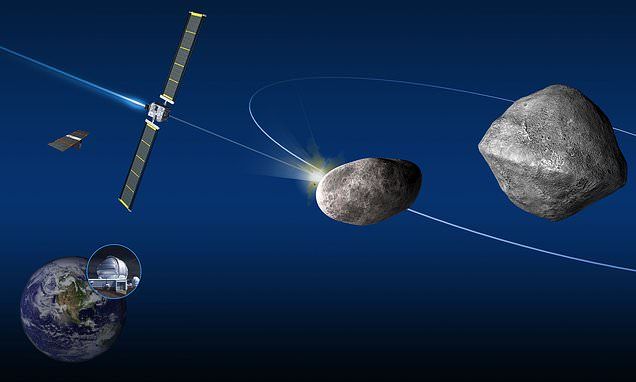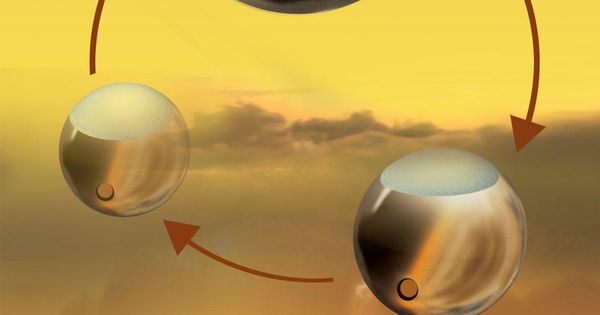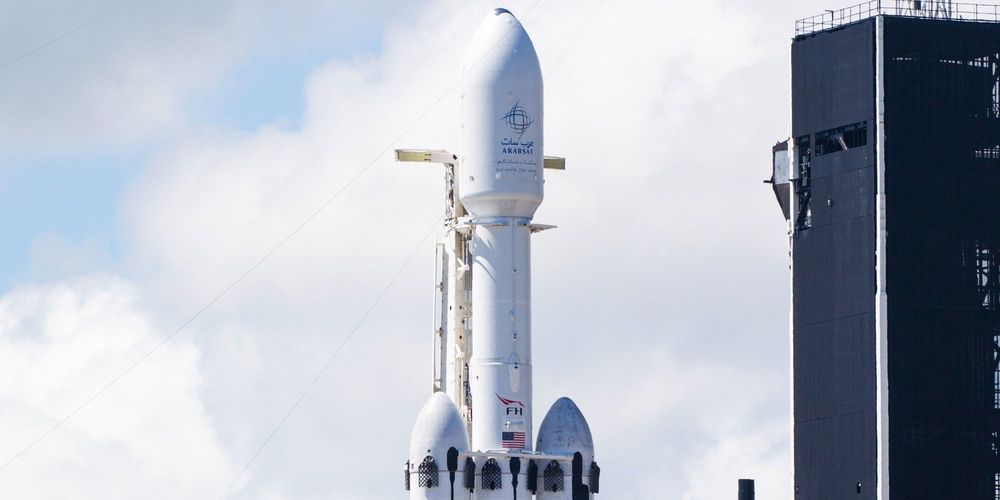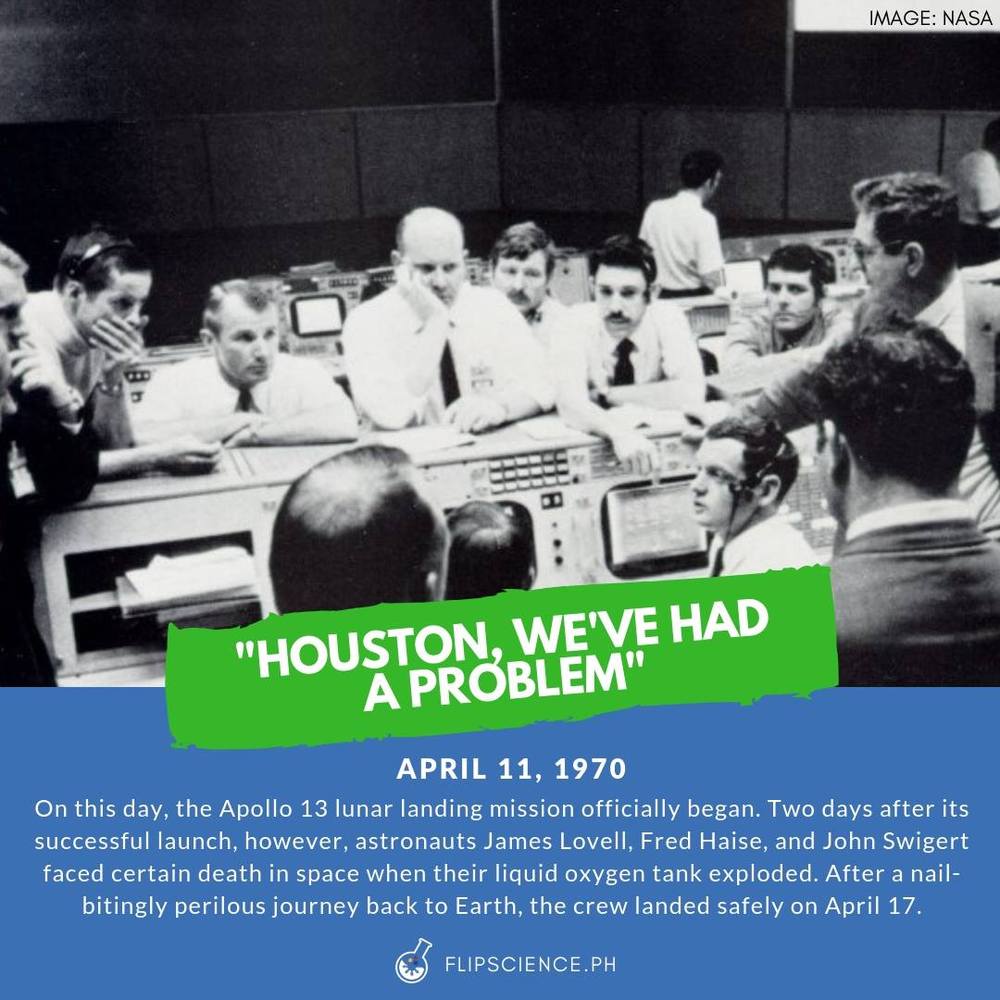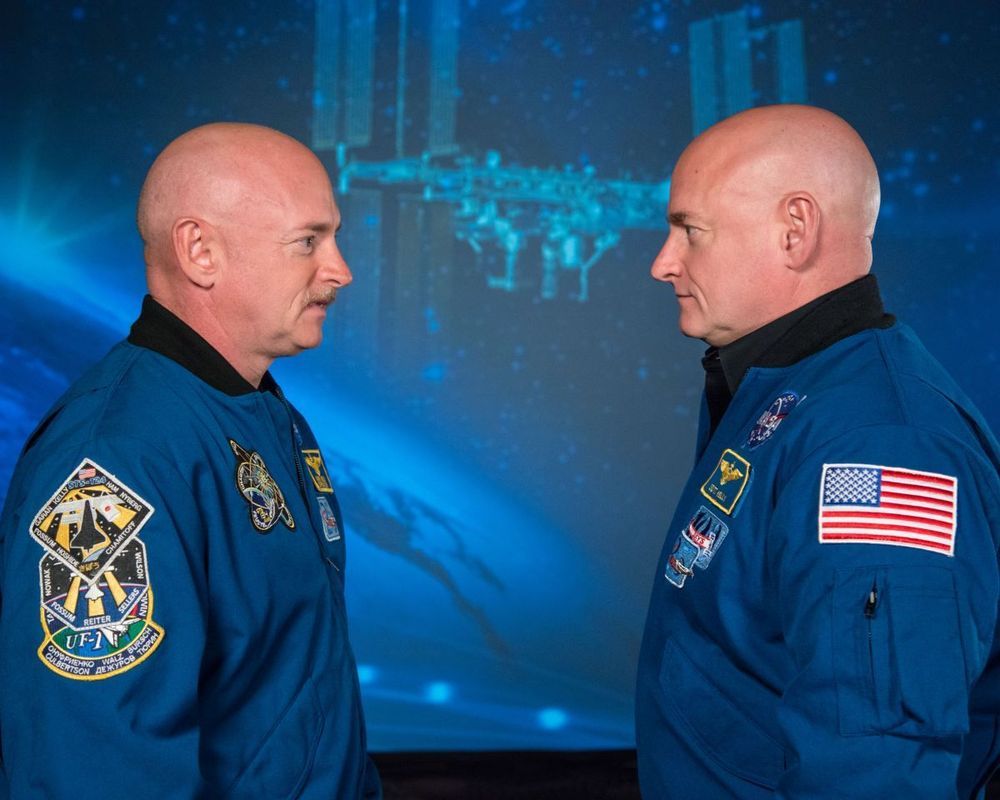A Harvard physicist has shown that wormholes can exist: tunnels in curved space-time, connecting two distant places, through which travel is possible.
But don’t pack your bags for a trip to other side of the galaxy yet; although it’s theoretically possible, it’s not useful for humans to travel through, said the author of the study, Daniel Jafferis, from Harvard University, written in collaboration with Ping Gao, also from Harvard and Aron Wall from Stanford University.
“It takes longer to get through these wormholes than to go directly, so they are not very useful for space travel,” Jafferis said. He will present his findings at the 2019 American Physical Society April Meeting in Denver.

